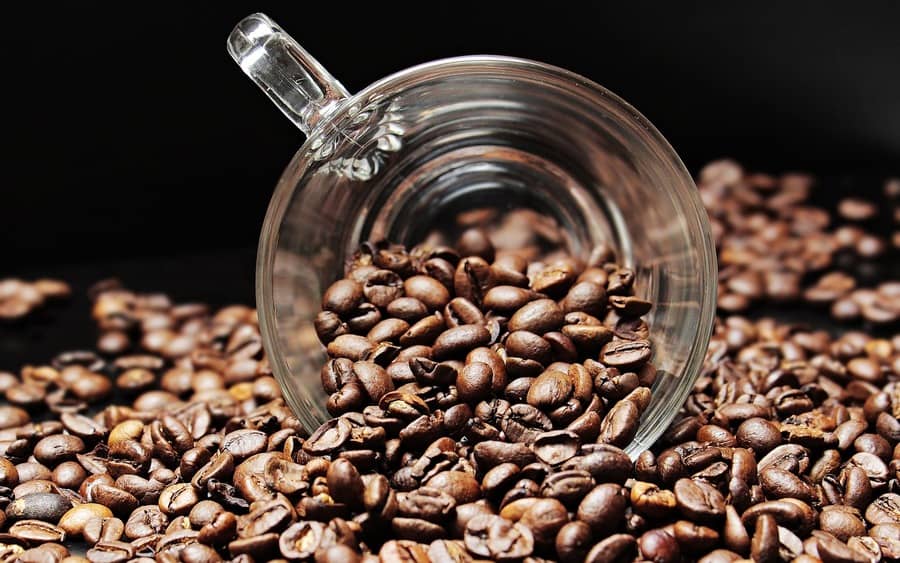Coffee shipments from Brazil continue to accelerate at the beginning of the new season. Data from Cecafé indicate that, in September, 4.12 mln bags of green coffee were shipped, out of which 3.19 mln were arabica and 911 thousand bags were robusta/conillon. Including 358 thousand bags of industrialized coffee, total shipments from Brazil in September totaled 4.46 mln 60-kg bags, up 33% from the same month last year.
Greater selling interest and more aggressive differentials for arabica, with the exception of the largest screens (17/18), favor this performance. In the case of conillon/robusta, the business flow is concentrated among “trading houses” (B2B), even so, it continues to surprise. In the first three months of the 24/25 business season, conillon shipments totaled 2.76 mln bags, and arabica 8.23 mln bags, which, added to the 1.06 mln bags of processed coffee, totaled just over 12 mln bags shipped so far. A volume 20% higher than that exported in the same period last year. The highlight was conillon/robusta, which increased by almost 50%, while arabica shipments grew by only 13% in the period. Besides the higher volume, prices have risen again, which has a positive impact on revenue, which grew by 55% compared to last year and totaled USD 3.11 bln in the first three months of the 24/25 business season.
Despite the negative adjustments on the commodities exchange, differentials remain weaker in the international market. The fact is that the prices of both arabica in NY and robusta in London remain very high. Furthermore, as the industry shortens its positions, selling interest grows, with some growers wanting to take advantage of prices before the rain arrives in Brazil. The proximity of the arrival of new coffee in important origins, such as the milds from Colombia, also reinforces this movement. Colombia should reap a larger crop in 24/25, given the greater investment and more favorable weather. Increased supply of arabica in Central America and Africa helps to increase selling pressure. Although the pressure from the arrival of new coffee from Vietnam has not yet appeared in the market, it has already contributed to weakening the sales differentials of robusta.

